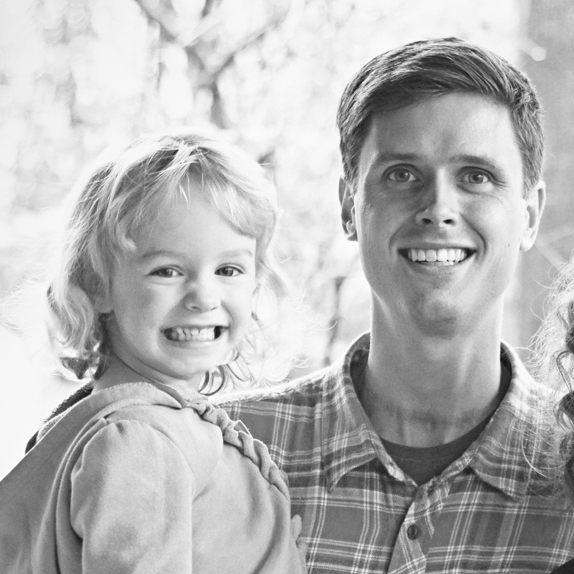
Gibb’s Story
“When I think about the Boys Camp dining hall, what comes to mind is what would be going on behind the scenes after meals. You know what I’m talking about – about four or five people side-by-side in a sweaty dish full of steam, scraping copious amounts of ketchup, syrup and (worst of all) egg yolk off of 200-plus plates, rinsing them and cringing as the water spray catches a rack of bowls at just the right angle and splatters you with a warm foody admixture (dish-rookies are especially susceptible to this phenomenon).
Why is this material for a dining hall story? Well, because it has happened, does happens, and will continue to happen for as long as Boys Camp stands. Because doing dishes is among one of the certainties of life (as my wife and I often joke). So it’s good to get 15-year-olds used to it. But on a more personal level, this was one of the many places where I was shaped by the servant leadership I saw in those that I looked up to, which challenged me to do likewise. Where else on the planet do people volunteer to do dishes and treat it as something honourable? Where else on the planet do the appointed dish-doers hold their heads up high as they march toward the IN door? This was a new revelation for me as a wet-behind-the-ears (soon to be wetter) 15-year-old as I dawned an apron for the first time.
Doing dishes in the dining hall taught me the joy of serving even in dirty and unglorious settings. It taught me the joy of doing something together with others and doing it excellently. If a theologian were to see what goes on in that dish den, he or she might be compelled to compose a theology of work by what they saw. And I personally think he or she would be justified in doing so. The chanting of songs, the comradery and joy in the midst of greasy work is all evidence of a mysterious force at work, causing people to see in dish-washing what many have missed. I would read it if it ever got published.
But perhaps I’m seeing things through the rosy-tinted lenses of retrospect as I reminisce sitting here on my comfortable sofa. Because in the moment, there is nothing glorious about it. There is no foreseeable reward. There is nothing in you that wants to do it. Not to mention your sore body and your heavy eye-lids eyes and the fact that you are seven weeks into a nine-week marathon and here we go.
And yet you do it anyways because it needs to be done. I sit here (on my sofa) thankful that my memories of the dining hall will always recall that precious tension between the joy and duty of serving.”
Andrew ‘Gibbs’ Stuart



Comments are currently closed.